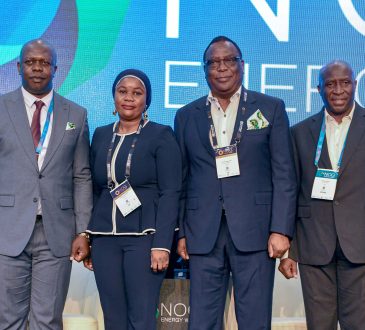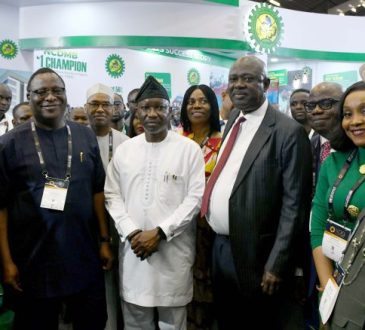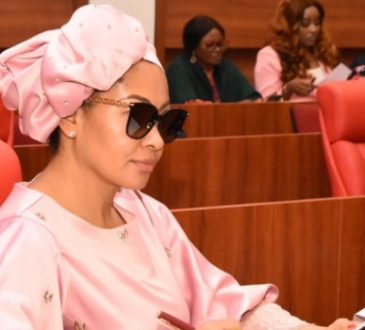
The presidential candidate of the Peoples Democratic Party (PDP) in the 2019 election, Alhaji Atiku Abubakar, has made a move to stop the government of President Muhammadu Buhari from collecting more loans from China by writing to Ahmed Lawan, the President of the Senate requesting the National Assembly to reject any new loan request from the Buhari government meant for “projects that are not viable.”
Atiku, in the letter to Lawan, received on August 25, urged the legislature to also halt approval for loans that are not income-generating or production-based.
The former VP and business mogul pointed out that the country risked insolvency if it continued to borrow money.
Atiku’s letter, a copy of which was made public on Monday, he noted that Nigerians should not fold their hands and watch while the country teeters towards financial peril.
The former opposition presidential candidate noted that as of May 29, 2015, the nation’s total national debt was standing approximately at N12 trillion.
He lamented that as of August 2020, Nigeria’s debt has risen to N28.63 trillion, adding that more alarming was the fact that the foreign debt portion of the country’s national debt has further risen from less than $10 billion on May 29, 2015, to almost $30 billion in August 2020.
“A further cause for concern is the fact that not all of these debts are necessary. A study of the use to which these monies have been put to will show that much of it has gone towards items or projects that are non-productive or viable,” Atiku noted.
The former Vice President noted that the future of youth and unborn generations in the country had been placed in what could very well be bondage-like conditions.
“As such, in view of your role as a check on the excesses of other arms of government, may I suggest that going forward, the National Assembly should refuse to approve any new loan requests, where such loans are to be spent on projects or items that are not income-generating or production-based, or indeed viable,” he said.






